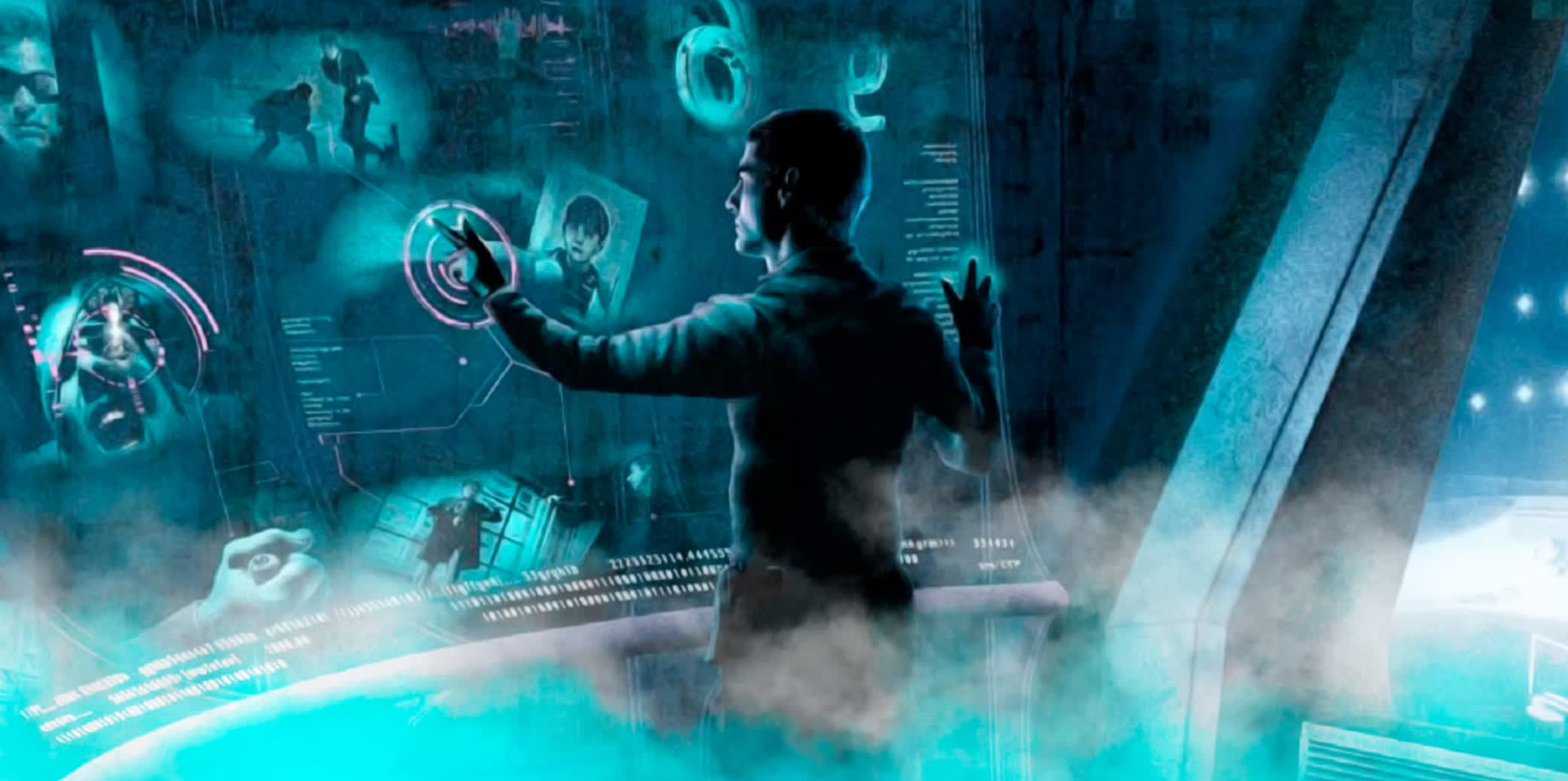WTF?! In what sounds suspiciously like the plot of Minority Report just without the precognitive psychics floating in a photon milk bath, an algorithm has been developed that can predict future crime one week in advance with an accuracy of 90%.
The algorithm was developed by social scientists at the University of Chicago who used historical data on violent crimes (homicides, assaults, and batteries) and property crimes (burglaries, thefts, and motor vehicle thefts) within the city to test and validate the model. These crimes were chosen as they are less likely to experience the kind of enforcement bias often present in drug-related and similar offenses.
By splitting cities into 1,000-square-foot spatial tiles, the algorithm is able to identify patterns and try to predict future crimes, which it does with a reported 90% accuracy, according to the study published in Nature Human Behavior.
It's not just Chicago where the algorithm had a seemingly precognitive ability to predict crime. The system worked just as well after feeding it data from other US cities: Atlanta, Austin, Detroit, Los Angeles, Philadelphia, Portland, and San Francisco.

The press release states that, unlike previous future-crime detection tools, the algorithm does not depict crime as coming from hotspots that spread to surrounding areas. This method can ignore the complex social environment of cities and the relationship between crime and the effects of police enforcement.
"Spatial models ignore the natural topology of the city," said sociologist and co-author James Evans, PhD, Max Palevsky Professor at UChicago and the Santa Fe Institute. "Transportation networks respect streets, walkways, train and bus lines. Communication networks respect areas of similar socio-economic background. Our model enables discovery of these connections."
Lead author Ishanu Chattopadhyay warned that the tool should not be used to direct police forces, despite its accuracy. Departments should not use it to swarm neighborhoods proactively to prevent crime, for example.
"We created a digital twin of urban environments. If you feed it data from what happened in the past, it will tell you what's going to happen in the future," Chattopadhyay said. "It's not magical; there are limitations, but we validated it and it works really well."
Earlier this week, we heard that Chinese regulators were looking to use a variety of data points collected on Chinese citizens to build profiles from which an automated system could predict potential dissidents or criminals before they have a chance to do something the government deems illegal, which somehow makes a Minority Report-style system sound even more worrying.
